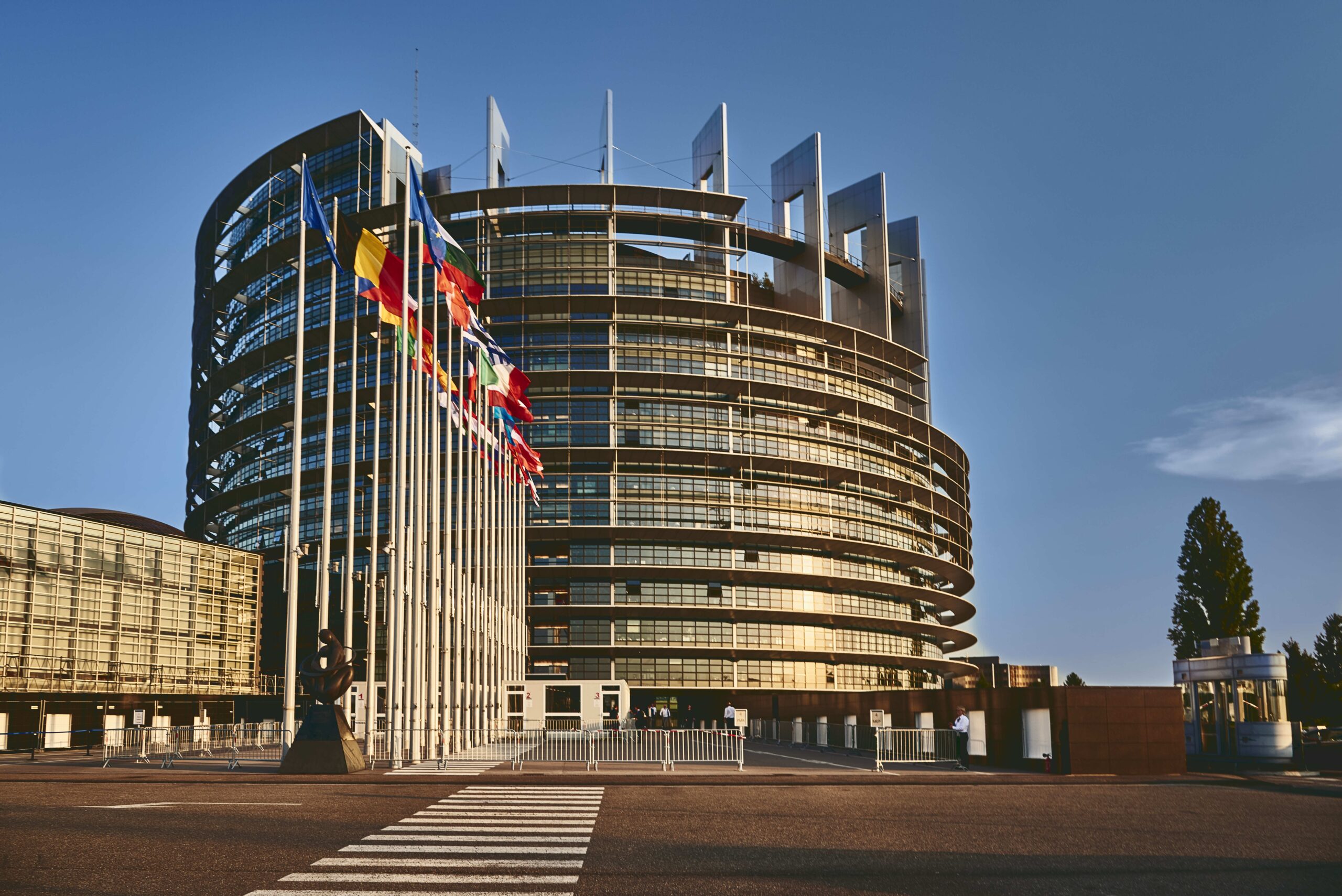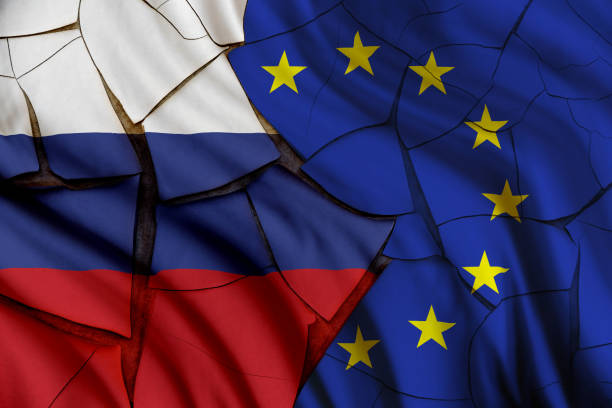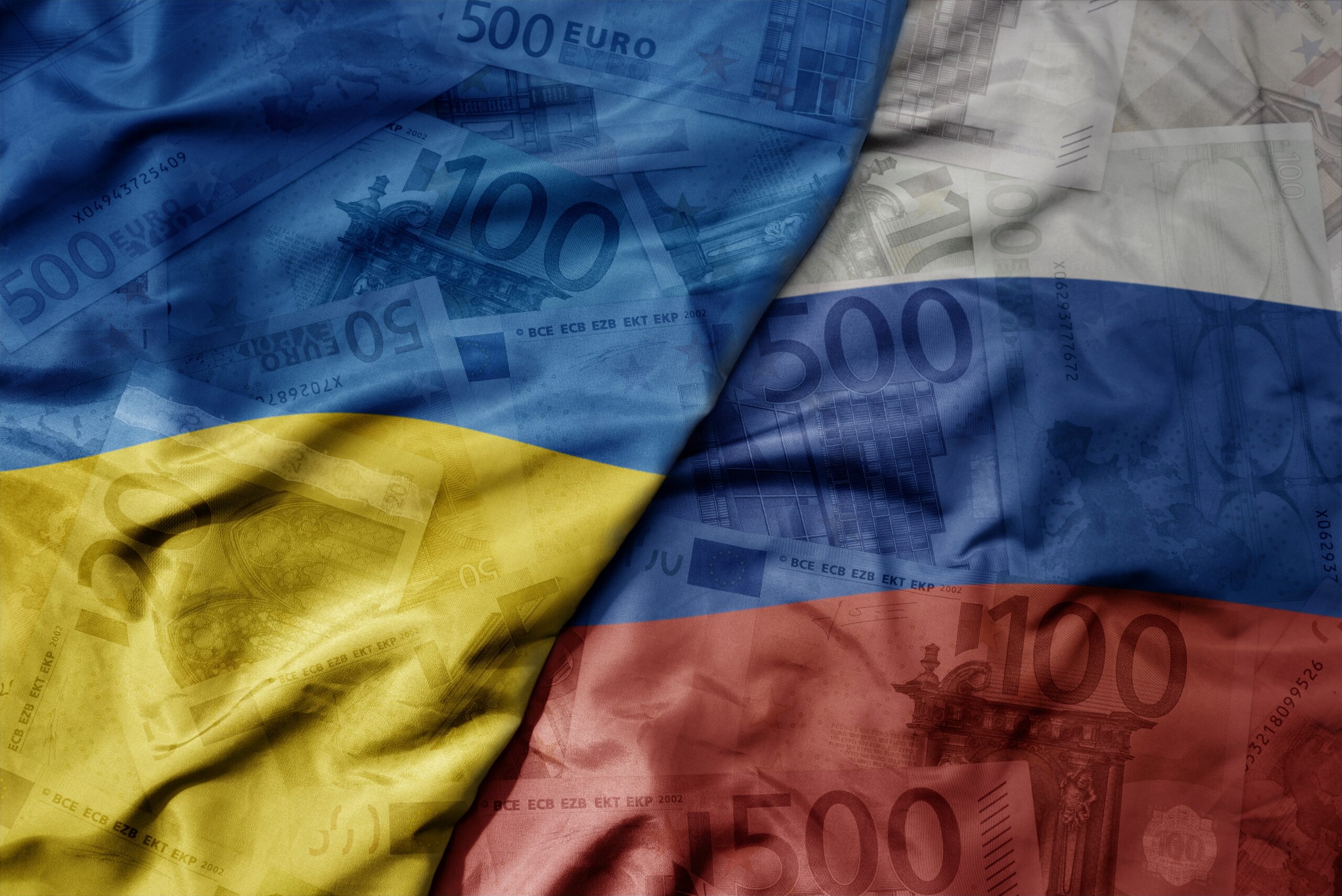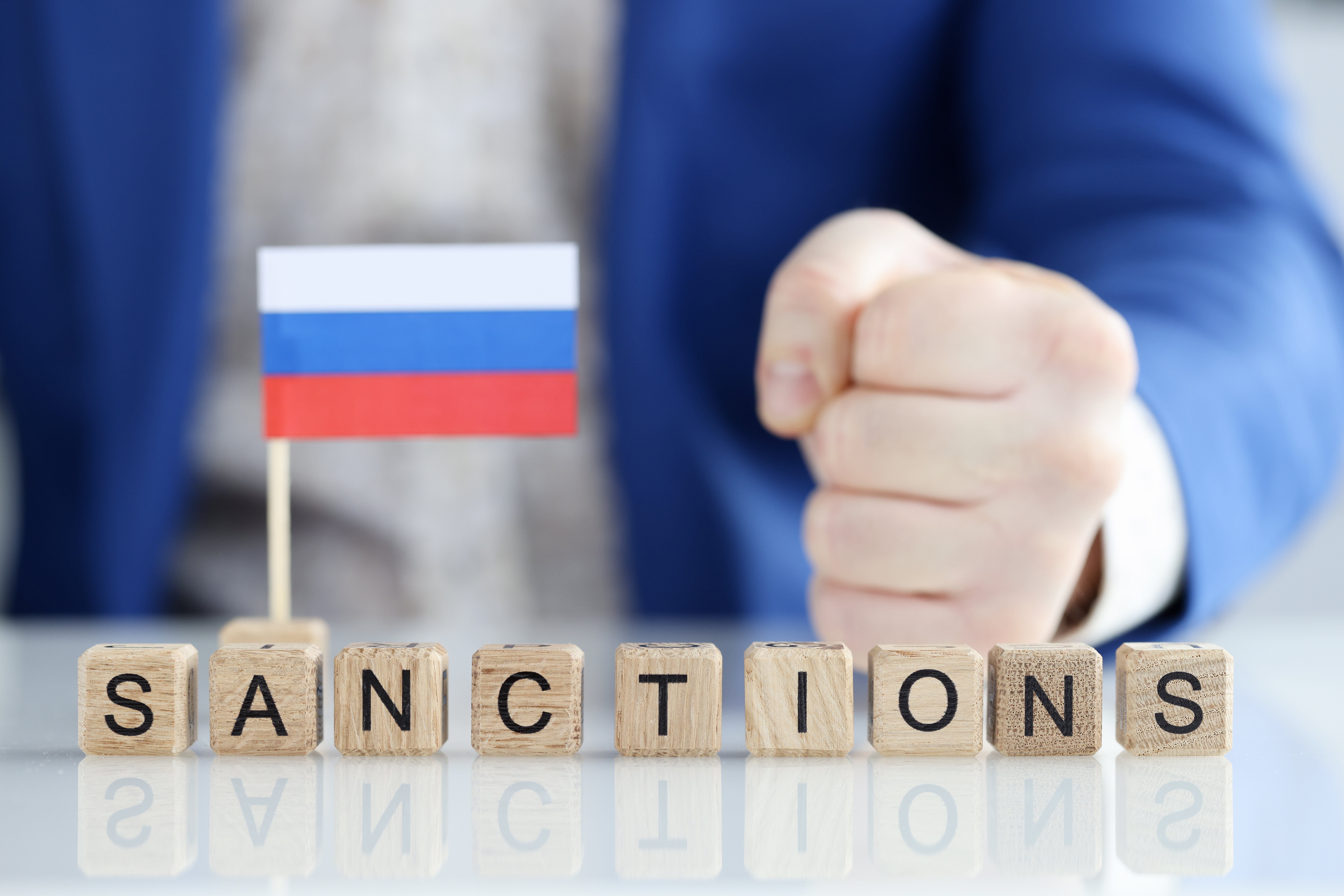On 12 and 13 March 2025, the European Parliament adopted a series of resolutions reinforcing its commitment to using sanctions as a key foreign policy tool. These resolutions address various sanctions regimes, including those targeting Russia, Syria, Sudan, and human rights violators under the Global Human Rights Sanctions Regime. The measures aim to uphold international law, protect human rights, and counter threats to global security.
Russia Sanctions
On 12 March 2025, the European Parliament adopted Resolution 2025/2528(RSP), reiterating its condemnation of Russia’s war of aggression against Ukraine and reaffirming its unwavering support for Ukraine. The resolution calls for:
- strengthening sanctions to weaken Russia’s war efforts by enhancing cooperation among Member States and continuously assessing their effectiveness;
- expanding sanctions on key Russian economic sectors, including banking, nuclear, chemical, agriculture, and raw materials;
- imposing bans or targeted tariffs on Russian imports to the EU, particularly on grain, potash, fertilizers, steel, uranium, titanium, nickel, wood, and oil & gas;
- sanctioning all shadow fleet tankers and their owners in the next EU sanctions package;
- broadening sanctions on Russian/Belarusian wood by banning imports of processed wood from non-EU countries that use their materials—following this, the European Commission issued the sanctions alert ‘High Risk of Circumvention – Import of Plywood’;
- extending and mirroring sanctions to all enabling states, including Belarus, Iran, North Korea, and Chinese entities supplying dual-use goods to Russia;
- strengthening measures to prevent sanctions circumvention by EU firms, third parties, and non-EU countries.
In addition to the above calls, the European Parliament expressed concern over US sanctions on the International Criminal Court (ICC), including measures targeting its prosecutors, judges, and staff. It urged the European Commission to activate the Blocking Statute to shield the ICC from these sanctions.
The European Parliament’s White Paper on European Defence, also released on 12 March 2025, reinforced these positions. It called on the Council and Member States to strengthen the enforcement of existing sanctions and impose stricter measures on entities aiding sanctions evasion or supplying Russia’s military. It also highlighted the security and environmental risks posed by Russia’s shadow fleet.
Syria Sanctions
Through Resolution 2025/2569(RSP), adopted on 12 March 2025, the European Parliament supported a phased and conditional easing of sanctions on Syria, alongside an indefinite extension of humanitarian exemptions.
The Parliament acknowledged that EU, US, and UK sanctions hinder Syria’s reconstruction efforts. It backed a reversible lifting of all sectoral sanctions, prioritizing the financial sector to provide economic relief, while ensuring close monitoring of Syria’s political transition.
The resolution also addressed the issue of over-compliance, where businesses and financial institutions exceed legal sanctions requirements due to fears of penalties or reputational risks. This issue, the Parliament noted, is exacerbated by broad US extraterritorial measures. To counter this, the Parliament urged the European Commission and Member States to provide legal assurances to European businesses and banks to mitigate over-compliance.
Sudan Sanctions
On 13 March 2025, the European Parliament adopted Resolution 2025/2595(RSP), strongly condemning the conflict in Sudan between the Sudanese Armed Forces (SAF) and the Rapid Support Forces (RSF), which has displaced 13 million people and left two-thirds of the population in desperate need of humanitarian aid.
The Parliament called for:
- An immediate ceasefire, unhindered humanitarian access, and respect for international humanitarian law.
- Targeted EU sanctions against key figures responsible for human rights violations.
- Strict enforcement of the UN arms embargo and support for its expansion to cover all of Sudan.
- Continued support for the International Criminal Court’s investigation into war crimes.
Global Human Rights Sanctions Regime
Through Resolution 2025/2596(RSP), adopted on 13 March 2025, the European Parliament condemned Azerbaijan’s detention of Armenian hostages, the systematic violation of their fundamental rights, and the sham trials being conducted against them. The Parliament called for the application of sanctions under the Global Human Rights Sanctions Regime against Azerbaijani leaders and officials responsible for these abuses, particularly prosecutors and judges.
In conclusion, these recent resolutions demonstrate the European Parliament’s commitment to use sanctions as a tool to uphold international law, promote peace, and safeguard human rights. They also highlight the need for enhanced cooperation among EU Member States and with international partners to ensure sanctions remain effective in achieving their objectives.
MK Compliance Limited can provide daily/weekly/monthly updates on sanctions, and AML regulatory developments. These updates ensure that you are kept informed about the latest regulatory changes, therefore ensuring comprehensive compliance.
In addition, we provide sanctions-related consulting services, including legal opinions, transaction reviews, screenings and background checks on your clients and related individuals/entities/counterparties, to ensure your business operations remain fully compliant with all applicable sanctions, mitigating the risk of breaches.
The content of this article is valid as at the date of its first publication. It is intended to provide a general guide to the subject matter and does not constitute legal advice. We recommend that you seek professional advice on your specific matter before acting on any information provided.
For further information or advice, please contact info@compliancemk.com.




